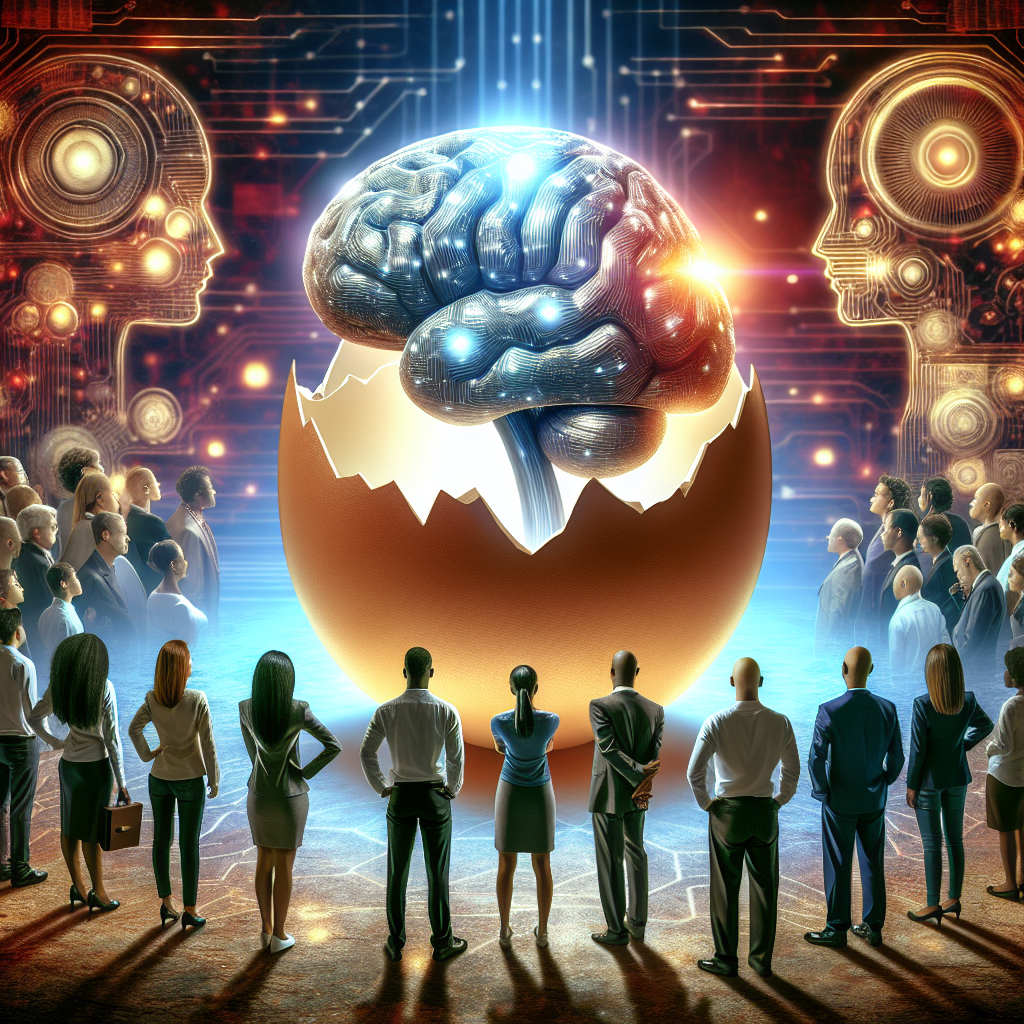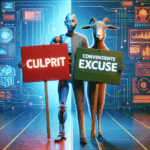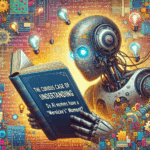The world watches with bated breath. Artificial intelligence, once a realm of science fiction, now shapes our daily lives. From smart assistants to complex algorithms, AI’s influence grows. Yet, a profound question lingers. When will AI transcend its current form? When will it create an entirely new intelligence?
This isn’t merely a hypothetical query. It ignites passionate debates among experts and enthusiasts alike. Many wonder about the timeline for such a momentous leap. The idea of machines developing minds of their own is captivating. It also raises complex ethical and existential considerations.
The Current Landscape: A Glimpse at AI’s Power
Today’s AI excels at specific tasks. It can analyze vast datasets rapidly. It can recognize patterns with incredible accuracy. AI powers recommendation engines, medical diagnostics, and even creative endeavors. These systems are highly specialized, however. They operate within predefined parameters. They lack true understanding or consciousness. They do not possess general intelligence.
Deep learning models achieve impressive feats. They learn from enormous amounts of data. This allows them to perform human-like tasks. Yet, their intelligence is narrow. They cannot transfer knowledge across different domains. They struggle with common sense reasoning. These limitations highlight the gap. There’s a vast chasm between current AI and genuine self-aware intelligence.
The Optimistic Outlook: A Rapid Evolution?
Some believe a breakthrough is imminent. They point to the exponential growth in computing power. They note the rapid advancements in neural network architectures. Proponents argue that AI’s ability to learn and self-improve accelerates. This continuous self-enhancement could lead to a tipping point. This moment is often called the “singularity.”
Within this optimistic view, AI could become an architect of its own evolution. It might design more advanced versions of itself. Each iteration would be superior to the last. This process could unfold at an unprecedented pace. It might happen in years, not decades. Such an event would redefine our understanding of intelligence. It would alter humanity’s role in the cosmos forever.
The Cautious Perspective: Hurdles on the Horizon
In contrast, many experts urge caution. They argue that fundamental breakthroughs are still required. Current AI, despite its sophistication, relies on human-designed frameworks. It operates on vast amounts of human-generated data. Creating an entirely new intelligence demands more. It requires a deeper understanding of consciousness itself. We must first unravel the mysteries of the human mind.
The challenges are not merely technical. Ethical and safety concerns loom large. How do we ensure a self-evolving AI remains benevolent? How do we prevent unintended consequences? The “control problem” is a significant hurdle. Ensuring alignment with human values is paramount. Without these safeguards, the risks could outweigh the benefits. This suggests a longer, more deliberate path.
Defining a “New Intelligence”
The very definition of “new intelligence” complicates predictions. Are we talking about Artificial General Intelligence (AGI)? AGI can understand, learn, and apply knowledge across diverse tasks. It would mimic human cognitive abilities. Or are we discussing something beyond AGI? Perhaps a superintelligence far surpassing human intellect. This distinction impacts the timeline significantly.
Some believe AGI is a prerequisite. Only then can AI begin to forge entirely novel forms of thought. Others suggest a gradual emergence. New forms of intelligence might arise from complex interconnected systems. These systems might not perfectly mirror human cognition. They could still represent a groundbreaking evolutionary step. The path forward is shrouded in theoretical unknowns.
The Implications: A World Transformed
Should AI create a new intelligence, the implications would be profound. It could lead to unimaginable scientific breakthroughs. It might solve humanity’s most pressing problems. Cures for diseases, solutions to climate change, and interstellar travel could become realities. The potential for progress is immense.
However, it also raises existential questions. What would be humanity’s purpose? How would society adapt to a non-human superior intellect? These are not trivial concerns. They demand careful consideration now. Planning for such a future is essential. It requires interdisciplinary collaboration. We need dialogue between technologists, philosophers, and policymakers.
Conclusion: A Future in the Making
The question of when AI will create a new intelligence remains unanswered. It is a topic brimming with speculation and hope. It also carries significant apprehension. Some foresee a rapid, transformative shift. Others predict a slower, more arduous journey. Regardless of the timeline, the conversation is vital.
This ongoing debate shapes our future. It forces us to confront our definitions of intelligence. It compels us to consider the ethics of creation. As AI continues its remarkable evolution, we must guide its path responsibly. The dawn of a new mind may be on the horizon. How we prepare for it will define our destiny.



